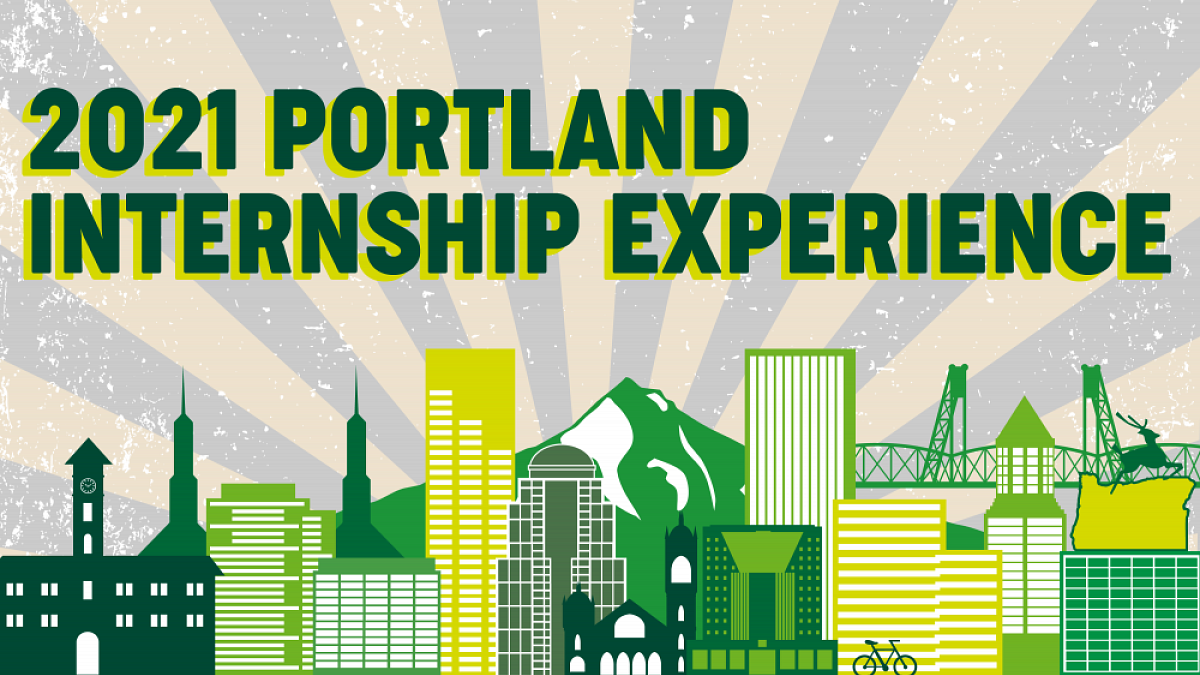UO President Michael H. Schill is among leaders from 38 higher education institutions and partner organizations who launched the Taskforce on Higher Education and Opportunity on March 17.
The members of the task force were driven to act by the challenges of the pandemic, income inequality, the changing nature of work and unemployment among recent college graduates being nearly double that of the 2008 recession. It brings together members from across American higher education, including public, private, two-year and four-year institutions that represent 2.5 million students nationwide.
Task force members are focused on three key goals: ensuring student success despite the worst recession since World War II, partnering with local communities and reimagining how higher education is delivered.
Schools will take individual and collective action to meet the shared mission of the task force through new goals set every six months. Member institutions are now launching the first round of initiatives to prepare the graduates of 2021-23 for success in the post-pandemic economy.
The task force will work to provide greater opportunity to students of color and their communities while reimagining higher education's contribution to society and sharing insights with the broader education community.
“Earning a degree is the surest path for individuals to reach their full potential. However, the pandemic has created additional barriers for many of our students. We have a duty to act,” Schill said. “The resources we can bring to bear, in partnership with private citizens and members of the business community, can create meaningful opportunities and address these troubling inequalities.”
In the coming months, task force members will develop programs to support local communities, and additional programs will follow to reimagine the future of higher education and prepare students for work in a post-pandemic world.
The first round of the initiative focuses on creating opportunities for students to gain valuable skills and professional experience. The UO’s first program is the Portland Internship Experience, which provides undergraduate students with summer stipends to pursue internships with preselected internship sites, promoting career readiness for students while supporting local employers in the process. Internship sites are selected with a focus on areas such as social justice, community building, racial equity or economic recovery.
“The Portland internship recognizes the importance of internship experiences on a student's professional development and seeks to conscientiously match students with local organizations in need, rather than relying on the student to find a placement,” Schill said. “It broadens the University of Oregon's traditional outreach to philanthropic partners, as well as addresses equitable access to work experience among the entire student body.”
Though each of the member initiatives is different, all focus on helping students learn the skills they need to begin a successful career after graduation. Partner institutions include Boston University, Arizona State University, University of North Carolina at Chapel Hill, Portland Community College, Duke University and Virginia Tech.
“Higher education plays a unique role in unlocking opportunity. It should deliver for all members of our society,” said James B. Milliken, chancellor of the University of Texas System and task force executive committee member. “Postgraduate success today isn't going to look like postgraduate success tomorrow. Task force membership will continue to grow to diversify and scale impact with a focus on action.”
Visit the task force website for more information and the complete member list.


